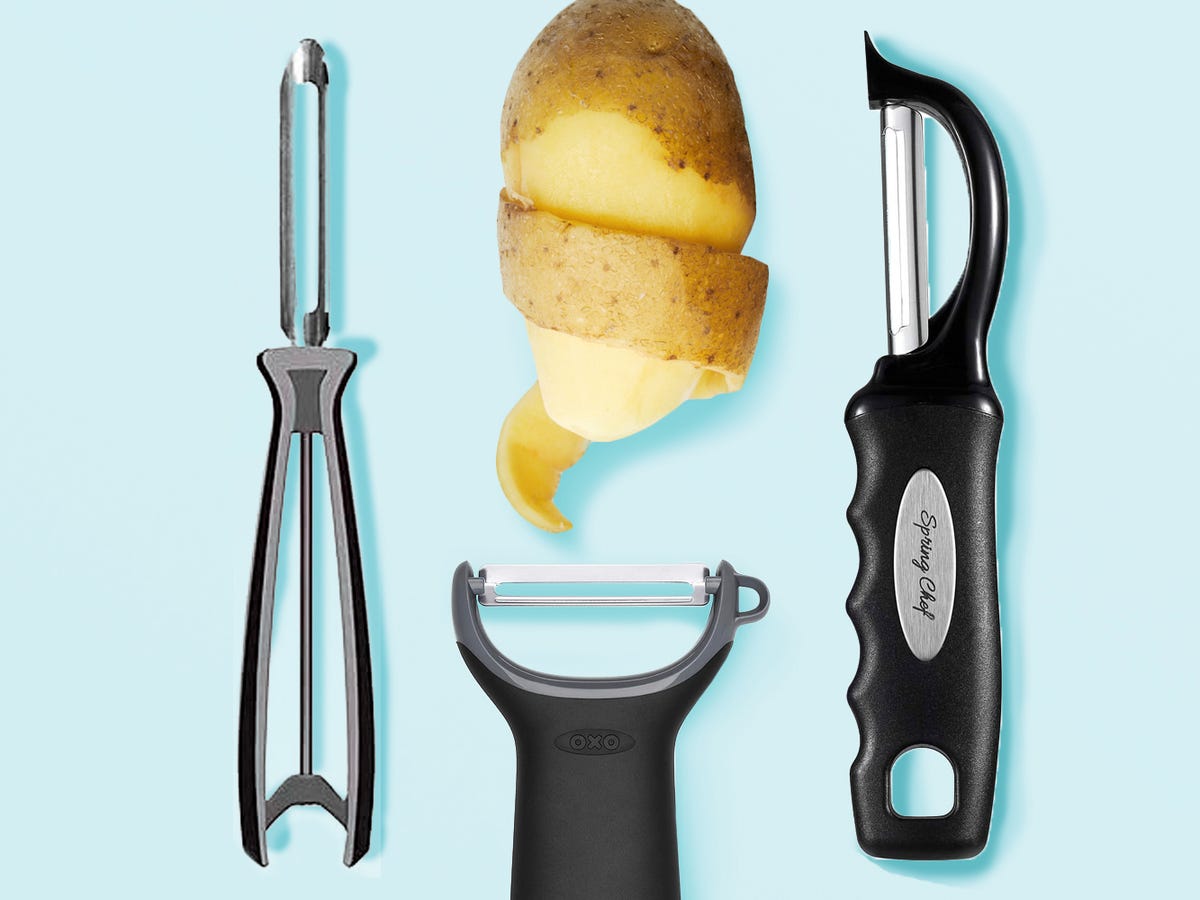10 years of experience as a food machinery equipment manufacturer
10 years of experience as a food machinery equipment manufacturer
For farmers specializing in root crops, the cleaning stage represents a significant operational challenge. Sweet potatoes, in particular, require efficient yet gentle processing to remove soil and debris without bruising the delicate tubers, ensuring market quality and extending shelf life. Choosing the right mechanized cleaning solution is paramount for profitability and workflow efficiency. Reviews and comparisons consistently point to high-capacity sweet potato cleaners, specifically those around the 1200 model designation, as optimal for many mid-to-large farm operations.

Manual cleaning is labor-intensive, time-consuming, and increasingly unsustainable due to labor costs and availability. Modern farms demand solutions that can handle substantial volumes swiftly. Sweet potato cleaners designed for agricultural use utilize rotating drums, paddles, or brush systems combined with pressurized water jets. These mechanisms effectively loosen and wash away dirt while the tumbling action removes clumps without excessive abrasion. Selecting a machine offering the best balance of thorough cleaning, high throughput, and product protection is essential.
Independent assessments and farmer reviews often scrutinize several critical factors when evaluating the best sweet potato washers in the 1200 category:
While specific brands fluctuate slightly in year-to-year reviews based on new model releases, several manufacturers specializing in root crop handling frequently emerge at the forefront of industry comparisons for their 1200-class washers. Their strengths often align as follows:
It’s vital to recognize that reviews suggest the “best” choice depends heavily on an individual farm’s specific priorities – whether that’s maximizing sheer volume processed, minimizing delicate tuber damage, lowering long-term maintenance costs, or having multi-crop flexibility.
Beyond the sticker price, reviews emphasize evaluating the total cost of ownership and return on investment. Higher-priced units from top brands often justify their cost through superior durability (reducing downtime and replacement frequency), better efficiency (saving water, labor, and time), and higher quality output (reducing waste and fetching better market prices). Potential buyers are advised to compare warranty terms and availability of parts and service support when making their final decision. Considering projected increases in yield or savings on labor and water often makes a compelling financial case for investing in a top-tier cleaner.
The high-capacity sweet potato cleaner market offers capable solutions, with 1200 models representing a powerful tier for expanding farm businesses. Diligently reviewing performance reports, durability assessments, and farmer experiences concerning these leading brands provides essential insights. Matching the machine’s strengths – whether brute force cleaning, gentle product handling, operational simplicity, or resource efficiency – to the unique demands of your operation is the key to finding the most suitable partner for enhancing productivity and profit in the root crop sector.
